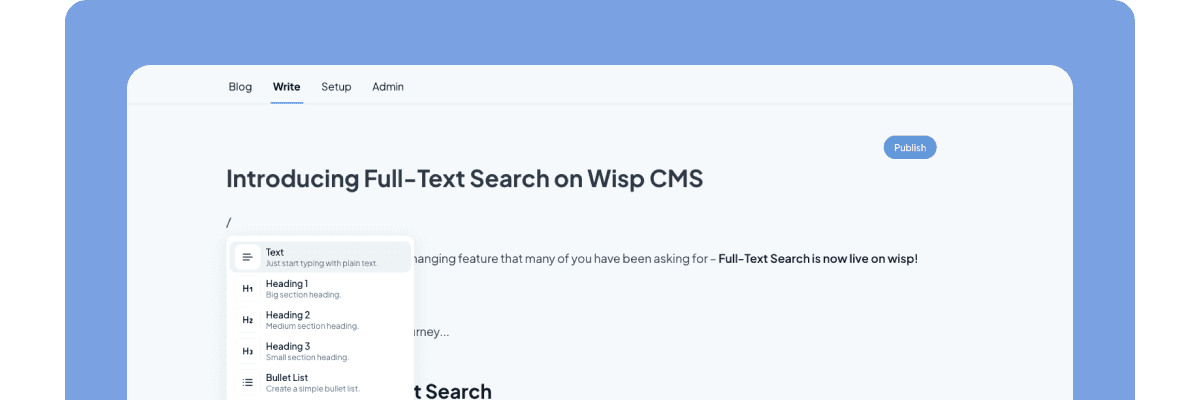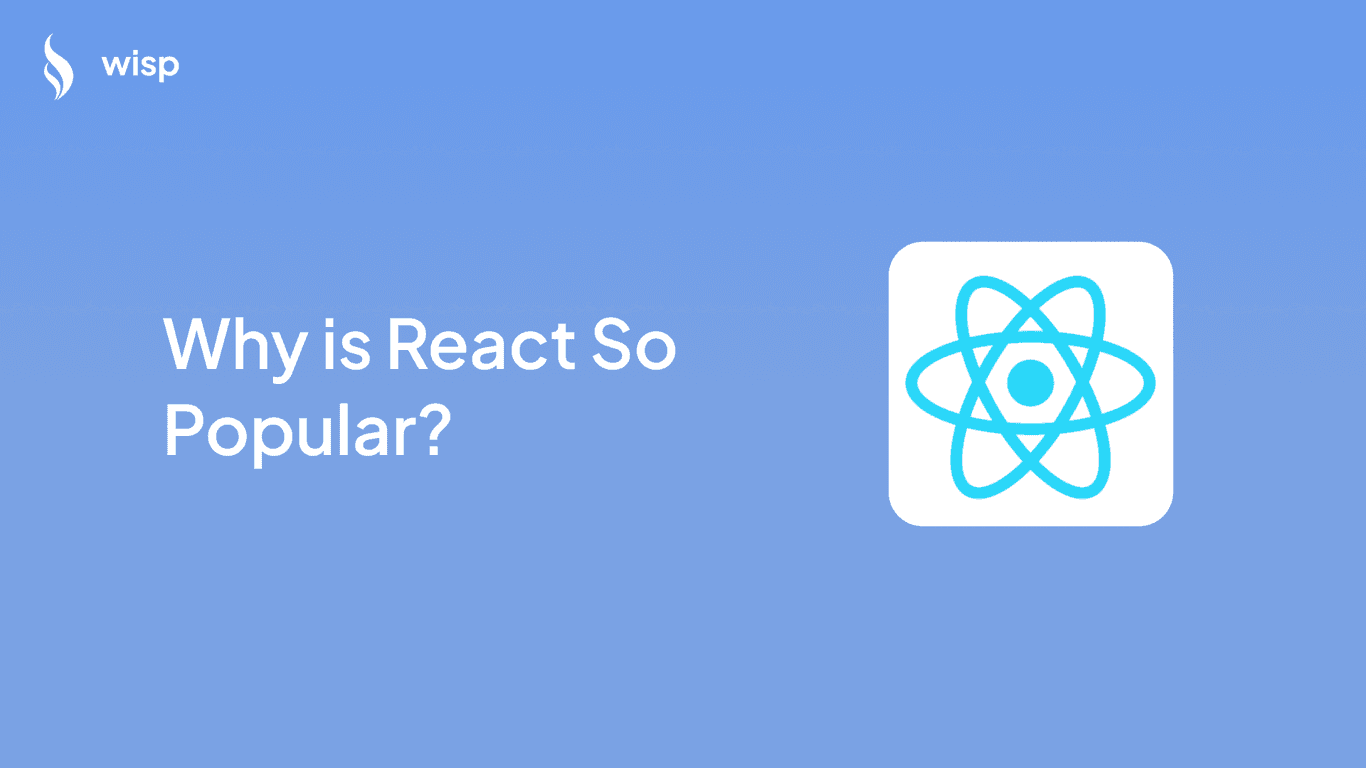
As a web developer in 2025, you've probably heard the buzz around Kubernetes (K8s) and might be wondering if it's worth adding to your already extensive tech stack. Perhaps you've seen job postings requiring K8s experience, or your team is considering adopting it for deployment. The decision to learn Kubernetes isn't straightforward, especially given its reputation for complexity.
"I get that K8s is confusing. It should be because it is an abstraction over a really hard and confusing thing," notes a developer in a recent Reddit discussion. This sentiment echoes throughout the development community, where many struggle with the platform's steep learning curve.
The Reality of Kubernetes in Web Development
Kubernetes has become the de facto standard for container orchestration, managing everything from small web applications to massive cloud-native systems. However, its complexity can be overwhelming. As one developer candidly puts it, "Frankly - anyone who has managed VM configurations can basically do the same thing. Hell - Qemu configurations are often on the same scale of complexity as my k8s yaml."
This complexity isn't just about learning new concepts; it's about mastering an entirely new way of thinking about deployment and infrastructure. The platform introduces its own ecosystem of terms and tools: deployment.yaml, service.yaml, PVCs/Volumes, RBAC, and more. For many web developers, this represents a significant departure from their core focus of building user-facing applications.
Why Kubernetes Matters in 2025
Despite these challenges, there are compelling reasons why web developers should consider learning Kubernetes:
Industry Standard: Major companies increasingly rely on Kubernetes for deploying and managing applications at scale.
Career Advancement: Knowledge of Kubernetes can open doors to senior roles and DevOps positions, making you more competitive in the job market.
Automation and Efficiency: Once mastered, Kubernetes can automate many aspects of deployment and scaling, potentially making your life easier in the long run.
Cloud-Native Development: As applications become more cloud-native, understanding container orchestration becomes increasingly valuable.
However, the key question isn't whether Kubernetes is useful - it's whether it's the right investment for you at this stage in your career.
The Case Against Learning Kubernetes (Yet)
There are several valid reasons why you might want to hold off on diving into Kubernetes:
Unnecessary Complexity: "Ah so instead of learning how to write a yaml file, you need to learn to deploy on their system? That's a no from me dog," remarks one developer, highlighting how Kubernetes can add unnecessary complexity to simple deployments.
Career Stage Considerations: "The more junior you are, the less important it is to understand the whole deployment process," notes another experienced developer. If you're early in your career, focusing on core web development skills might be more beneficial.
Alternative Solutions: Many projects can be effectively deployed using simpler solutions like platform-as-a-service (PaaS) offerings or managed container services.
Resource Intensive: Learning Kubernetes requires significant time and effort that could be spent mastering other technologies more directly related to web development.
When Does Learning Kubernetes Make Sense?
The decision to learn Kubernetes should be based on your specific circumstances:
Consider Learning Kubernetes If:
You're Working with Microservices: Your team is building or maintaining a microservices architecture where Kubernetes' orchestration capabilities become valuable.
You're Moving Toward DevOps: Your career path is leading toward DevOps or platform engineering roles.
Your Company Uses It: Your organization is already using or planning to adopt Kubernetes.
You Need Advanced Scaling: Your applications require sophisticated auto-scaling and high availability features.
Maybe Wait If:
You're New to Web Development: Focus on mastering fundamental web development skills first.
Your Projects Are Simple: If you're working on smaller applications that don't require complex orchestration.
You Have Limited Resources: Your team doesn't have the bandwidth to manage Kubernetes infrastructure.
Practical Approach to Learning Kubernetes
If you decide to learn Kubernetes, here's a pragmatic approach to getting started:
1. Start Simple
Begin with local development tools that are more approachable:
Minikube: Perfect for learning Kubernetes locally
k3s or k3d: Lightweight alternatives for local development
kind: Kubernetes in Docker, great for testing
As noted in community discussions, "hanging out at the simple end of K8s can be genuinely less frustrating than most of the old AWS/GCP tooling for vm based deployments."
2. Focus on Fundamentals
Master these core concepts before diving deeper:
Basic container concepts
Pod management
Services and networking
Basic deployment configurations
3. Use Structured Learning Resources
Community recommendations highlight KodeKloud as an excellent learning platform, offering "the perfect balance between lectures and hands-on labs."
4. Common Challenges to Prepare For
Based on real developer experiences, here are some challenges you'll likely encounter:
Environment Management: "The most important point that all dev envs face in kubernetes: They are on when they are not being used." Consider strategies for managing environment state and costs.
Security Concerns: Developers report receiving "random route requests to clusters, including requests for .env files, robots.txt, and PHP scripts," highlighting the importance of security configuration.
Database Management: There's ongoing debate about running databases in Kubernetes. As one developer questions, "Doesn't it just make a lot more sense to run your containers in Kubernetes, and they all talk to some managed postgres (e.g. RDS) that will basically never have downtime?"
Making Your Decision
Consider These Factors:
Career Goals
Are you aiming for a DevOps or platform engineering role?
Does your desired career path require infrastructure knowledge?
Current Project Needs
Would your current projects benefit from Kubernetes?
Are you dealing with scaling or deployment challenges that Kubernetes could solve?
Available Resources
Do you have time to invest in learning Kubernetes?
Does your organization support learning and implementing Kubernetes?
Alternative Solutions
Have you explored simpler alternatives like managed services?
Would traditional deployment methods better suit your needs?
Conclusion
The decision to learn Kubernetes in 2025 isn't one-size-fits-all. While it's undoubtedly a powerful tool that's becoming increasingly relevant in web development, it's not necessarily the right investment for every developer right now.
If you're a junior developer or working on simple applications, you might be better served focusing on core web development skills. However, if you're moving toward DevOps, working with microservices, or need advanced orchestration capabilities, Kubernetes could be a valuable addition to your toolkit.
Remember, as one developer wisely noted, the goal is solving user problems, not mastering deployment systems. Start with simpler tools and gradually progress as your needs evolve. The key is making an informed decision based on your specific circumstances and career goals.
Whether you choose to learn Kubernetes now or later, stay focused on delivering value through your web development work. The right time to dive into Kubernetes will become apparent as your career and projects evolve.



